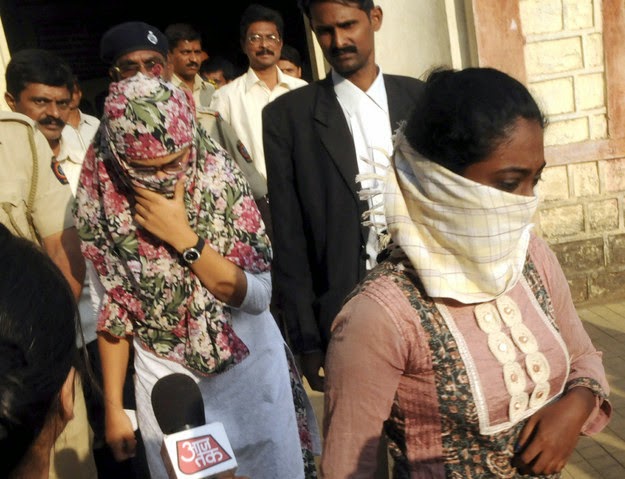The government told the Supreme Court that
while “extreme political views or contrary views and decent humor cannot
be prohibited,” it wanted to curb the circulation of online content
that offends religious sentiments, the Press Trust of India news agency reported Tuesday.
The matter came up during a hearing in the Supreme Court on petitions
seeking to scrap an Indian law that allows the police to arrest people
for sending offensive messages. At the hearing, a high-ranking law
officer for the Indian government presented documents that supported the
prohibition of Facebook posts that had the potential of “outrageously
and directly offending” religious sentiments.
According to Section 66A,
“punishment for sending offensive messages through communication
services” (such as a mobile phone or tablet) can extend up to three
years imprisonment with a fine.
The petitions heard by the Supreme Court list incidents where police
misused and abused the law to arrest people. One of the incidents cited
in the petitions included the 2012 arrest of two Indian women for their
Facebook activity. One of the arrested women, Shaheen Dada, had written a
Facebook post saying that a city-wide shutdown enforced in Mumbai,
India’s financial capital, after the death of a divisive right-wing
political leader, was “due to fear, not due to respect.” Her friend,
Renu Srinivas, who “liked” her post, was also arrested. Their arrests caused activists and the media to criticize the abuse of the law and the government’s attempt to curb freedom of expression.
The government has admitted to the abuse of power in some of the incidents and taken action against the police officers. However, the Supreme Court has stated that Section 66A does “not give any specific guidance on when to invoke it” and that even a person’s “annoyance” could be used to invoke the law.


